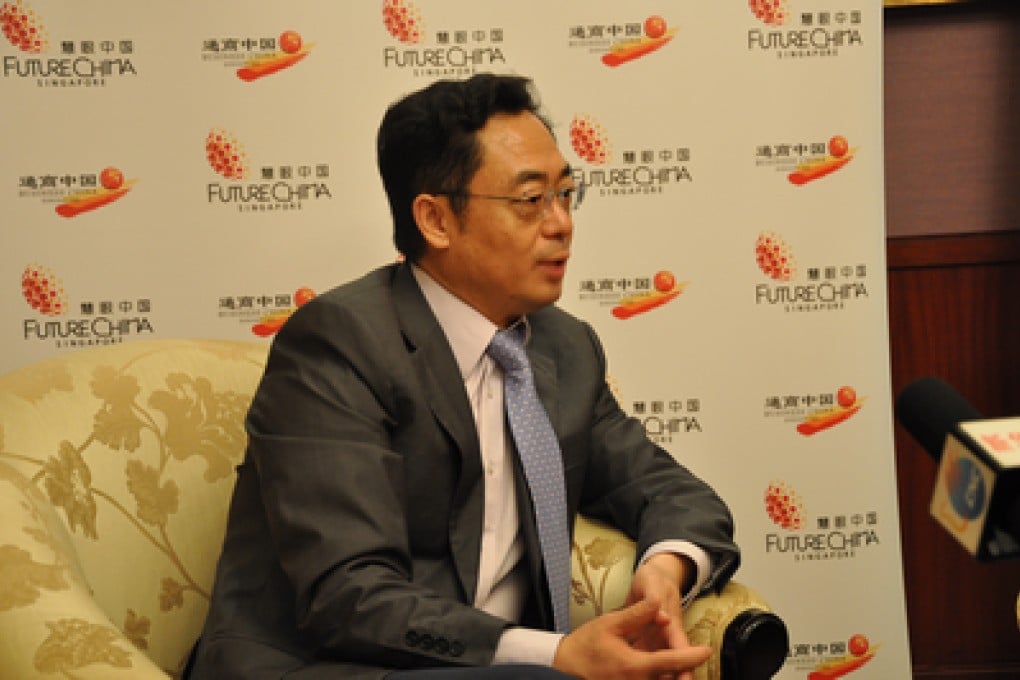Corporate China | Neglected Luye finds tonic in HK listing
New York-listed Chinese firms that privatised due to lack of investor interest are unlikely to find more success in Hong Kong unless they can show strong growth potential.

Some analysts are saying Luye's move could mark the start of a wave of similar re-listings for "China orphans" -- Chinese firms that listed in New York or Singapore, only to see their shares languish due to lack of investor interest. But I would caution that Hong Kong investors are quite sophisticated and will still be looking for firms with strong growth potential -- a quality that was lacking in many of the New York and Singapore-listed firms that privatised over the last 2 years.
Luye certainly seems to have a strong recipe for growth, as its profit grew 86 per cent last year to 328 million yuan (US$53 million). That story may have helped to attract Hong Kong investors, who gave the company US$760 million in new funds as part of an IPO that valued the firm at US$3 billion. That new valuation was nearly 6 times the amount that a group of private equity buyers paid when they privatised Luye and its shares de-listed from the Singapore stock exchange in 2012.
In that re-listing process, Sihuan saw its market value leap to US$3.7 billion, or more than 7 times the US$500 million figure it achieved in Singapore. Since that time the shares have risen another 80 per cent, giving Sihuan a current market value of US$6.7 billion.
Recent private equity buyers of undervalued US- and Singapore-listed Chinese firms must certainly be encouraged by Luye's strong reception in Hong Kong. Some 53 companies have privatised or are in the process of de-listing from New York and Singapore since 2010, including former high-flyers like Focus Media and Shanda Games (Nasdaq: GAME). About 60 per cent of those buy-outs were backed by private equity, and the list covered a wide range of industries from drugs, to hotels, to chip makers and IT consultants.

